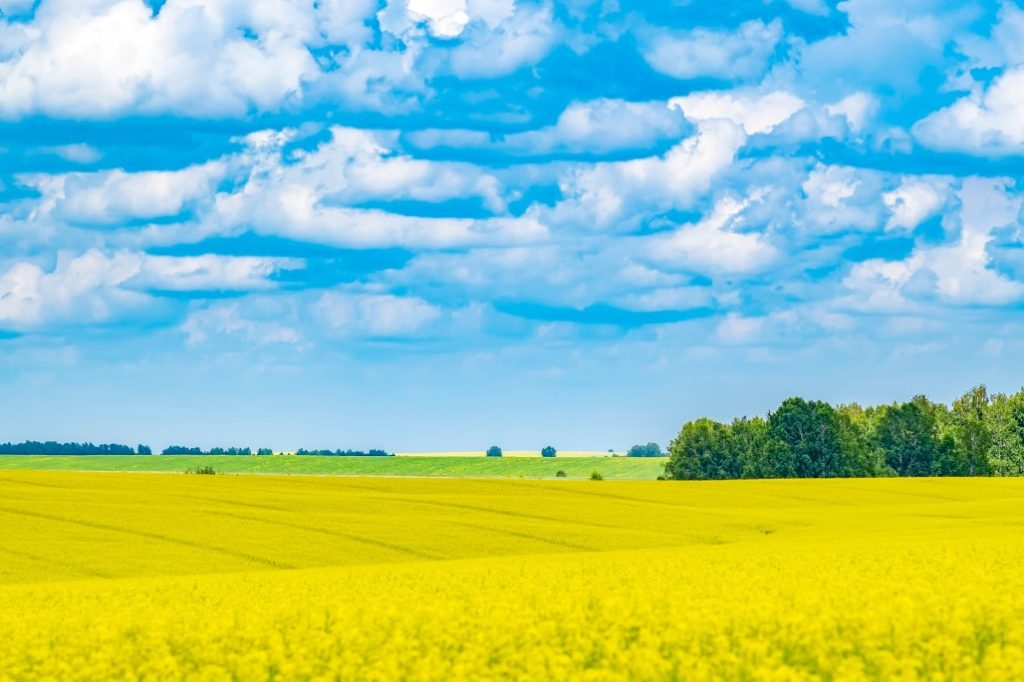More farmland for biofuel means less farmland for food, which impacts prices.
The Green Alliance, a think tank whose mission is to save the planet by getting the UK to transition to a ‘green economy’, has called for an end to biofuels. Which at first glance seems a little strange, because the UK’s ramping up of biofuels is part of its environmental strategy.
Biofuels, which are energy sources made up of mashed-up plants or other organic materials, are most often used to power transport. Since 2005, when they were first introduced at scale, their share of the UK fuel market has grown to reach over 5 percent in 2020, and the government plans to double that. Biofuels' green credentials include being renewable and producing less greenhouse gases than other types of fuels (this calculation is mostly based on the fact that while living the plants that form biofuels absorb C02 from the atmosphere).
Biofuels have been criticised from an environmental perspective for essentially overpromising and not having as low a carbon footprint as has often been assumed. But Green Alliance’s dislike for them is actually motivated by different concerns: food availability and prices. Both have been heading in the wrong direction lately. In May 2022, the inflation rate (how much more expensive prices were compared to a year ago) for food and non-alcoholic drinks in the UK was 8.7 percent, the biggest monthly price increase since 2009. Stocks of various essentials, including wheat, cooking oil, meat, dairy, fruits and vegetables, are also running lower than normal.
There are a few reasons for this situation. The first is the war in Ukraine. Both Russia and Ukraine are big exporters of staple food crops like grain, but Ukraine can’t fully farm its stuff or get it out of the country while it's being invaded and Russia has been slapped with sanctions that stop other countries from buying its products. Then there’s the hangover from the two years plus of the pandemic and its restrictions, which is still feeding into a lot of farming and supply chain problems. On top of that, climate change is doing a lot of damage to global food systems via things like extreme weather withering or drowning crops. And in the UK, the fallout from Brexit and leaving the EU’s single market has added to all these global problems and pushed food prices up even further.
The argument is that if the UK land that is currently being used to grow biofuel plants was instead used to grow food then the impact of all these issues could be lessened. While there are also environmental benefits to growing more food locally (less transportation means a lower carbon footprint) a major reason people make this argument is because they believe that societies should prioritise people being able to afford to eat properly above pretty much everything else - a stance many would agree with.
Turning the UK's biofuel fields into food fields could help combat food insecurity in two ways. First, it would mean there’s more food around to fill shelves with, and that increased supply could lower prices, because consumers aren’t having to financially compete with each other over limited amounts of the stuff. Secondly, it would give the UK government a lot more control over what happens to the food. Governments elsewhere have put in rules regarding things like how much of a local product farmers are allowed to export (sell abroad) or the maximum price shops can charge for it, for example. Although of course there are critics who think these sorts of policies can do more harm than good.
Read our explainer on: food prices

